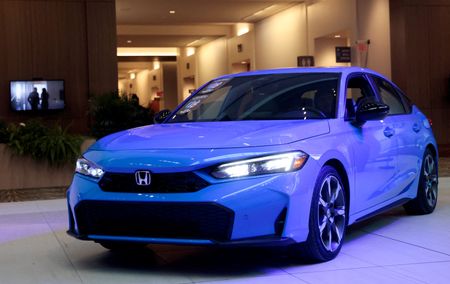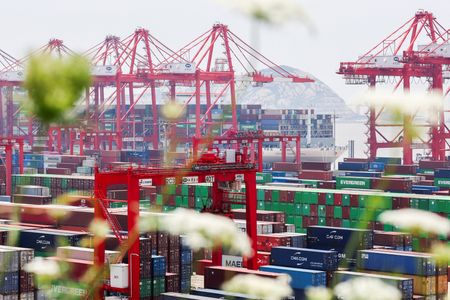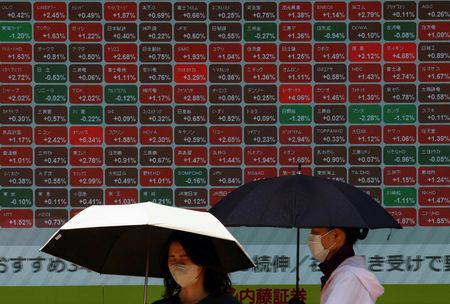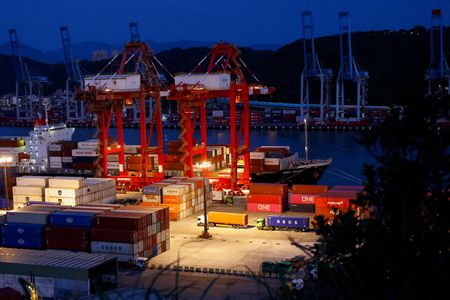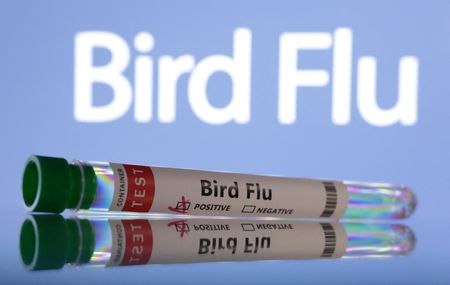By Daniel Leussink
TOKYO (Reuters) -Honda Motor slashed its full-year profit forecast by 21% on Friday, hurt by one-time electric vehicle costs, worsening sales in China and other Asian markets and a shortage of parts equipped with Nexperia chips.
Japan’s second-largest automaker cut its operating profit forecast for the year through March 2026 to 550 billion yen ($3.65 billion) from 700 billion yen.
For the first half of the current financial year, Honda’s automobile business posted an operating loss, due in large part to 224 billion yen worth of one-time expenses related to electric vehicles. The company now expects its global EV sales ratio to be 20% in 2030, down from a previous target of 30%.
It now expects to sell 925,000 vehicles in Asia – including China – for the current financial year, down more than 10% from a previous target of 1.09 million cars.
Competition in Southeast Asia has intensified due to the entry of Chinese automakers, which prompted firms in the region to offer consumers higher incentives or lower prices, Executive Vice President Noriya Kaihara said on Friday.
“We recognise that a fundamental review is necessary for Asia,” Kaihara said. “However, from this fiscal year through the next, there’ll be no particularly new models.”
IMPACT FROM CHIP SHORTAGE AND TARIFFS
Honda’s reduction of its annual profit outlook included a 150 billion yen hit related to a shortage of chips from Dutch firm Nexperia.
Kaihara said the company was seeking to resume normal production in the week of November 21, after it suspended output at a Mexican plant last week and adjusted operations in the U.S. and Canada.
The disruption stemmed from the company’s reliance on a single supplier for some parts, Kaihara said.
Honda also expected to take a 385 billion yen hit from U.S. tariffs, which was 65 billion yen less than previously estimated. Kaihara said tariffs are likely to remain in place, but noted that Honda benefits from a high local production ratio in North America where demand for hybrid vehicles is strong.
The automaker posted a 25% drop in its July-to-September operating profit to 194 billion yen, down from a 257.9 billion yen profit a year earlier.
Its motorcycle business suffered weaker volumes in Vietnam, but robust demand in Brazil and Thailand helped offset that drop, allowing the company to maintain strong profitability.
Last month, Reuters reported that the Japanese embassy in Hanoi sent a letter to the Vietnamese government saying a planned ban on petrol-powered motorbikes in the capital city could hurt employment in industries linked to the country’s massive motorcycle market.
($1 = 150.7800 yen)
(Reporting by Daniel Leussink; Editing by Himani Sarkar and Thomas Derpinghaus)

